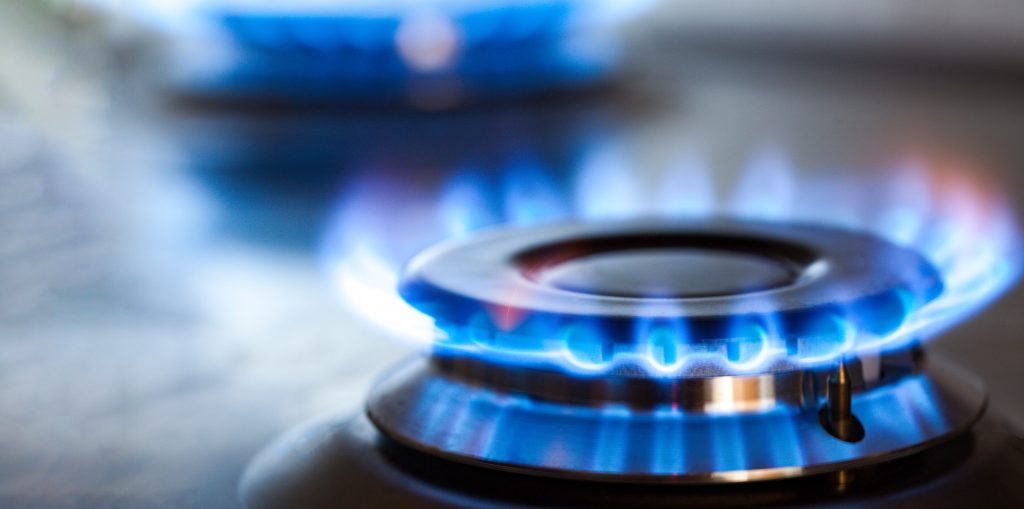Natural gas stoves, like any appliance that uses gas, need to be used carefully. If they are not maintained well or if they are used incorrectly, they can be dangerous. The main risks are gas leaks and carbon monoxide poisoning. Gas leaks can happen if the stove or the gas lines are damaged or not connected properly. Carbon monoxide is a gas that you can’t see or smell, but it can be harmful if there’s a lot of it in the air. This can happen if the stove is not burning the gas completely. To stay safe, it’s important to have good ventilation in the kitchen, regularly check the stove and gas lines, and have a carbon monoxide detector in your home.

Natural gas is one of the best energy sources in the world, and it is also one of the cleanest. Burning natural gas produces far less pollution than burning coal or oil, and it is becoming increasingly popular as a result.
Estimates of Canada’s natural gas reserves vary, but the country has substantial reserves that are expected to last several decades or more. The exact duration depends on factors like production rates and consumption patterns.
If you smell gas, you should leave the area immediately and call your energy company’s emergency line. Additionally, to reduce the risk of an explosion, you should open windows and doors to allow for ventilation. Do not turn on any lights or appliances or use your phone until you are a safe distance away.
To locate the gas shut-off valve in your home, check near the gas meter, which is often on the exterior of the house or in a utility area such as a basement. The shut-off valve, typically a lever or knob, is usually found on the pipe leading to the gas meter, allowing you to cut off the gas supply to the entire house. It’s crucial to familiarize yourself with its operation, as it might require a wrench to turn. Additionally, individual gas appliances may have their own shut-off valves for isolating gas to that appliance. For specific guidance, consult with your local gas company or a professional plumber, and remember, in case of a gas emergency, prioritize evacuating the area safely.
In most cases, gas appliances can be used during a power outage as they do not rely on electricity. However, exercise caution and avoid using gas appliances for heating if they are not specifically designed for that purpose to prevent any potential safety hazards.
When natural gas is used to heat water, it works kind of like a natural gas furnace, but for water. The natural gas burns and heats a component called a heat exchanger. The cold water comes into the water heater and goes around this heat exchanger. As it does, the water gets warm from the heat of the burning gas. Then, this hot water is sent to your taps or shower when needed.
Links